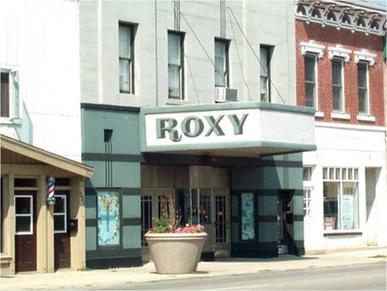分享到

We in America no longer lock away people with mental illness or intellectual disabilities as routinely as we once did, unless their impairments are profound or they're considered a danger to themselves or others.
People with schizophrenia, bipolar disease, obsessions and severe anxiety or depression now often live in group homes, with their parents, or sadly, in many cases, on the street.
So people with mental illness must struggle not only with their impairments and demons, but also with the stigma of being different. They're watched and studied and counseled. And rarely do they find a place, as other Americans can, to just be themselves, to get together and hang out with friends, hear some tunes and share some laughs.
But there is such a place in Lockport, Illinois. Each Wednesday and Saturday night at a most unusual nightclub called The Roxy, 60 or so people with mental illness, who live in group homes run by Trinity Services, can just chill out with friends and invited guests.
They drink sodas and coffee at an old, wooden bar; eat snacks and watch live baseball on TV from cafe tables, listen to professional bands that come in, or grab a guitar themselves and take the stage.
Couples can share romantic conversations, sometimes a kiss. A few counselors and social workers tend bar, calm fears, defuse squabbles. Some of the folks receiving services have become helpful bartenders themselves.
It's been going on like this for 14 or 15 years at The Roxy in Lockport, Illinois, where people with mental illness can relax and be themselves, just like everybody else.
impairment: 損傷,損害
schizophrenia: 精神分裂癥
bipolar disease: 雙極癥
stigma: 污點,污名;恥辱
Experts say violence not necessarily linked to mental illness
Crimes committed by mental patients
School killings reveal mental health woes
(來源:VOA 編輯:Rosy)
分享到
關注和訂閱


電話:8610-84883645
傳真:8610-84883500
Email: languagetips@chinadaily.com.cn